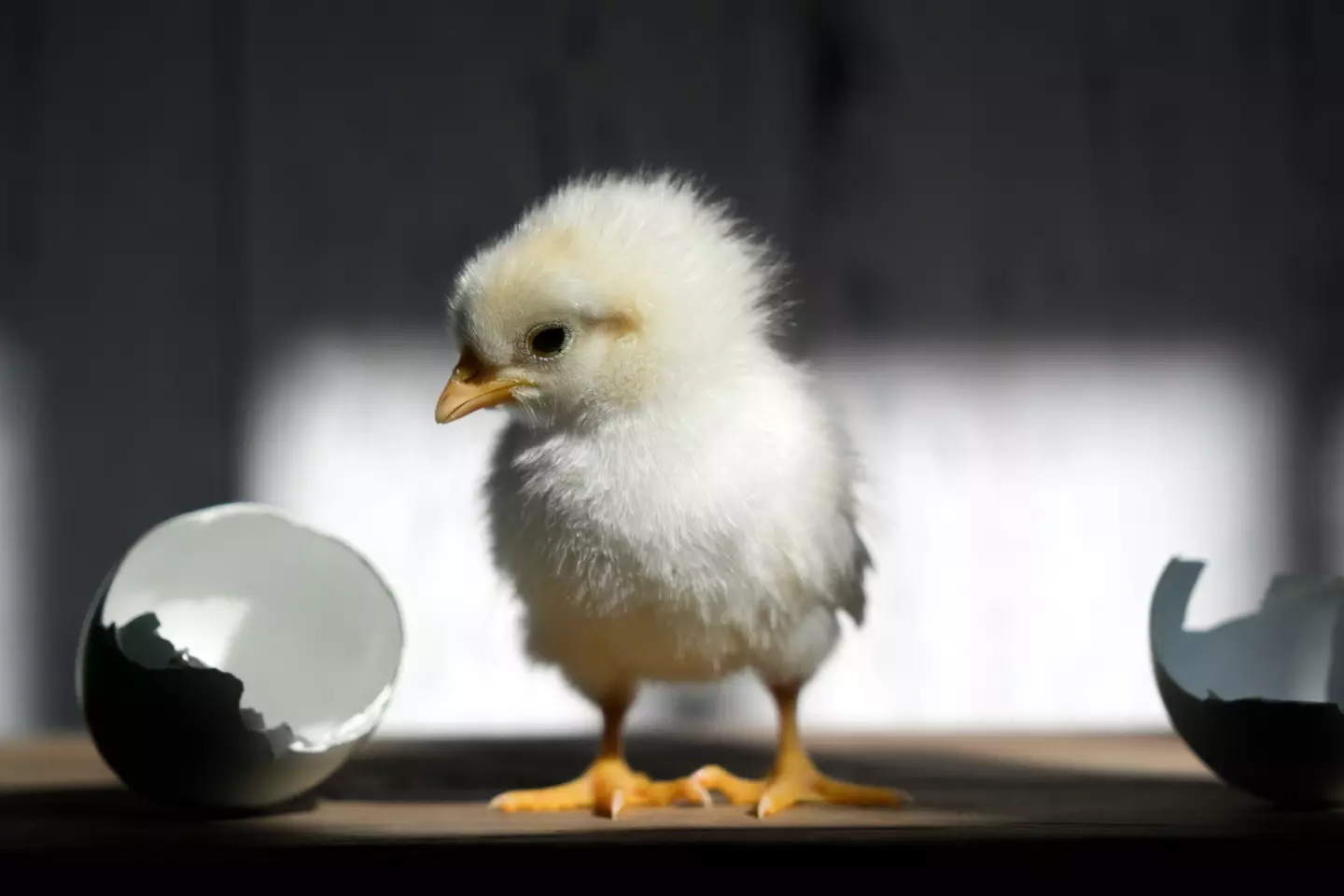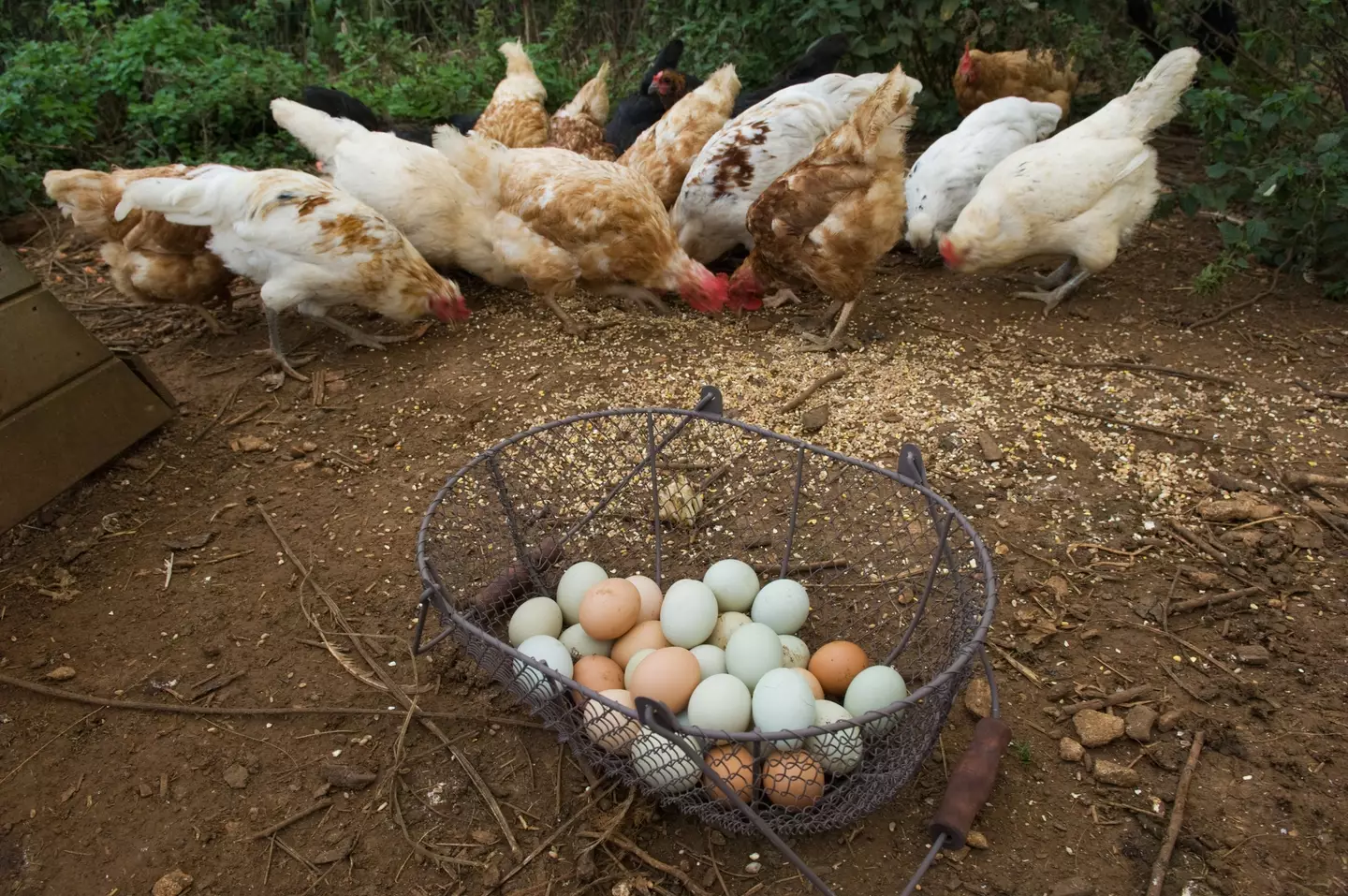
It's a common question: what came first, the chicken or the egg?
You might have thrown the query about, thinking it's a riddle with no real answer.
But a scientist has revealed that yes, there actually is an answer to this age-old question - and it's pretty definitive.

Advert
"The egg definitely came first," Luis Villazon, a science and technology educator who trained as a zoologist, wrote in BBC Science Focus Magazine.
This is because "eggs are much older than chickens", he explained. "Dinosaurs laid eggs, the fish that first crawled out of the sea laid eggs, and the weird articulated monsters that swam in the warm shallow seas of the Cambrian Period 500 million years ago also laid eggs."
According to the New Scientist, eggs evolved over a billion years ago, while chickens haven't been around for quite as long - a mere 10,000 years.
So that pretty much puts that to bed - perhaps a better question would be something like: what came first, the chicken or the chicken's egg?
According to Villazon, that hinges on how you define a chicken's egg - an egg laid by a chicken, or an egg that a chicken hatches from.

"At some point in evolutionary history when there were no chickens, two birds that were almost-but-not-quite chickens mated and laid an egg that hatched into the first chicken," he wrote in BBC Science Focus.
So the first chicken in existence was the result of two almost-chickens mating - likely the red junglefowl, which is native to Southeastern Asian countries.
"If you are prepared to call that egg a chicken’s egg, then the egg came first. Otherwise, the chicken came first and the first chicken’s egg had to wait until the first chicken laid it," Villazon added.
So there you have it - the timeless question has been somewhat cleared up, but at it's core it's still a matter of opinion.
Like whether the glass if half-full or half-empty, it depends on your perspective.